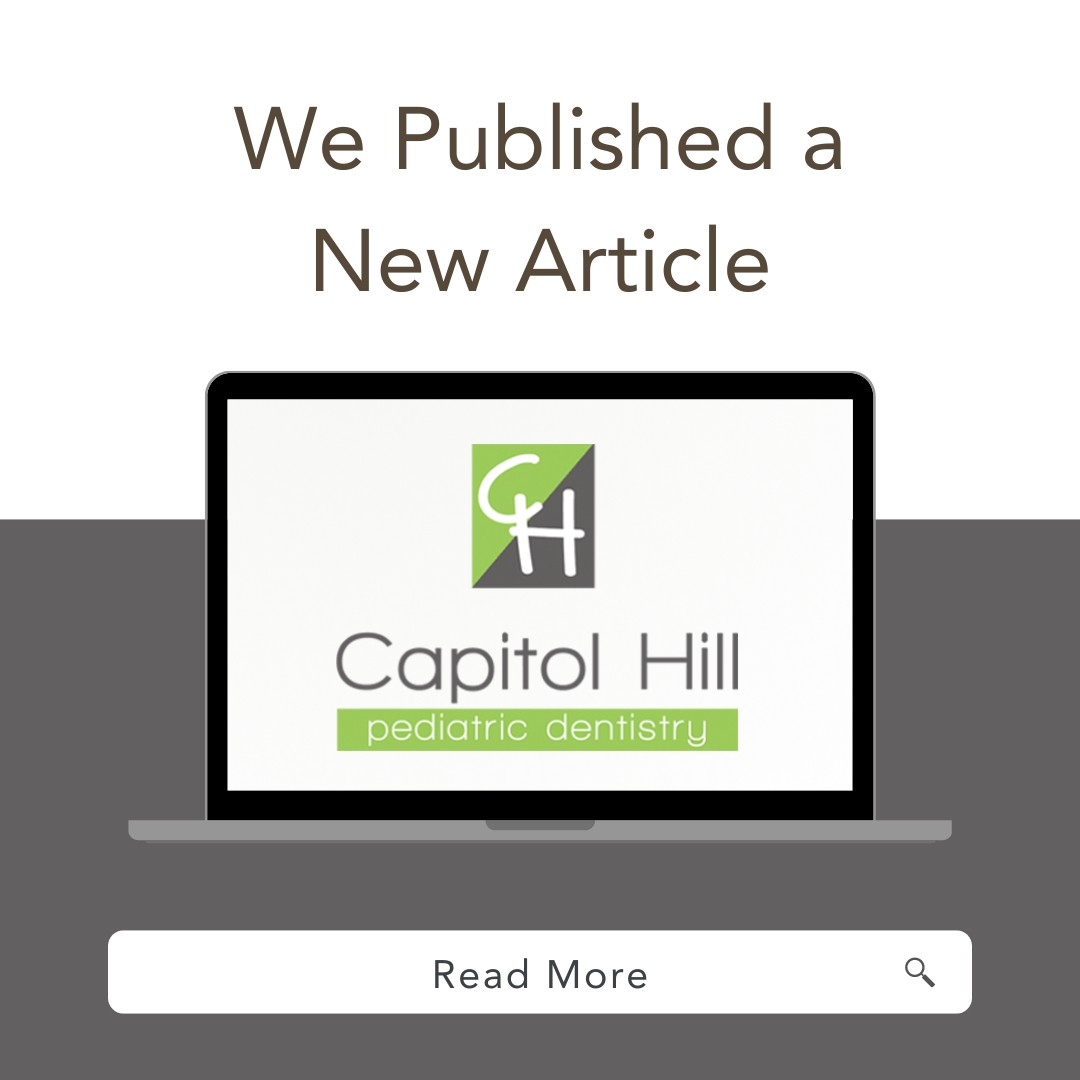
When children experience bad breath, or halitosis, it can lead to social discomfort and a lack of confidence. Parents often seek to understand the underlying causes of this condition in order to provide effective solutions. Recognizing common culprits of bad breath is an essential first step in ensuring a child’s oral health and well-being.
Several factors can contribute to bad breath in children, including poor oral hygiene, dietary choices, and specific health conditions. Fostering good dental habits from an early age is vital for maintaining fresh breath. At Capitol Hill Pediatric Dentistry, located at 650 Pennsylvania Ave, SE, Suite 220, Washington, DC 20003, the focus is on providing children with the knowledge and care they need for optimal oral hygiene.
One of the most common reasons for bad breath in children is inadequate dental care. Irregular brushing and lack of flossing can allow food particles to remain in the mouth, leading to bacterial growth. This bacteria produces compounds that contribute to unpleasant odors. Therefore, teaching children the importance of brushing twice a day and flossing can significantly reduce instances of bad breath.
Another major factor to consider is diet. Certain foods, especially those that are strong in scent like onions, garlic, or spicy dishes, can leave lingering odors. Also, a diet high in sugar can contribute to tooth decay and plaque buildup, both of which can result in bad breath. Encouraging a balanced diet that focuses on fresh fruits, vegetables, and plenty of water can help mitigate these issues.
In some cases, bad breath may signal underlying health problems. Conditions like sinus infections, allergies, or even gastrointestinal issues can produce foul breath odors. It’s essential for parents to be vigilant and consult with a dental professional if bad breath persists despite good oral hygiene practices. At Capitol Hill Pediatric Dentistry, we provide extensive evaluations to identify any possible health concerns that may be affecting oral health. To learn more about our services, visit our website.
Additionally, dehydration can play a role in causing bad breath. A dry mouth reduces saliva production, which is crucial for washing away food particles and bacteria. Encouraging children to drink plenty of water throughout the day not only supports hydration but also aids in maintaining a fresh mouth.
The importance of regular dental check-ups cannot be overstated. These visits allow for professional cleanings and the identification of potential dental issues before they escalate. Families can trust Capitol Hill Pediatric Dentistry as a partner in their child’s dental journey. One recent review praised the practice for its welcoming atmosphere and attentive staff, stating, “Capitol Hill Pediatric Dentistry made my child’s visit enjoyable and stress-free.” Such feedback reinforces the dedication to providing quality care and ensuring children feel comfortable during their appointments.
In conclusion, bad breath in children, while common, is manageable with the right strategies. Maintaining proper oral hygiene, fostering healthy eating habits, and staying hydrated are key. For persistent issues, seeking professional help is essential. Parents seeking a supportive and knowledgeable team to assist with their child’s dental needs should consider scheduling an appointment at Capitol Hill Pediatric Dentistry. By addressing bad breath and promoting overall oral health, children can enjoy bright smiles and the confidence that comes with them.
The information provided on this website is for general informational purposes only and is not intended as professional advice. While efforts are made to ensure the accuracy of the content, no liability is assumed for any harm or misunderstandings that may result from the use of this information. This disclaimer applies to all content published on this website.
